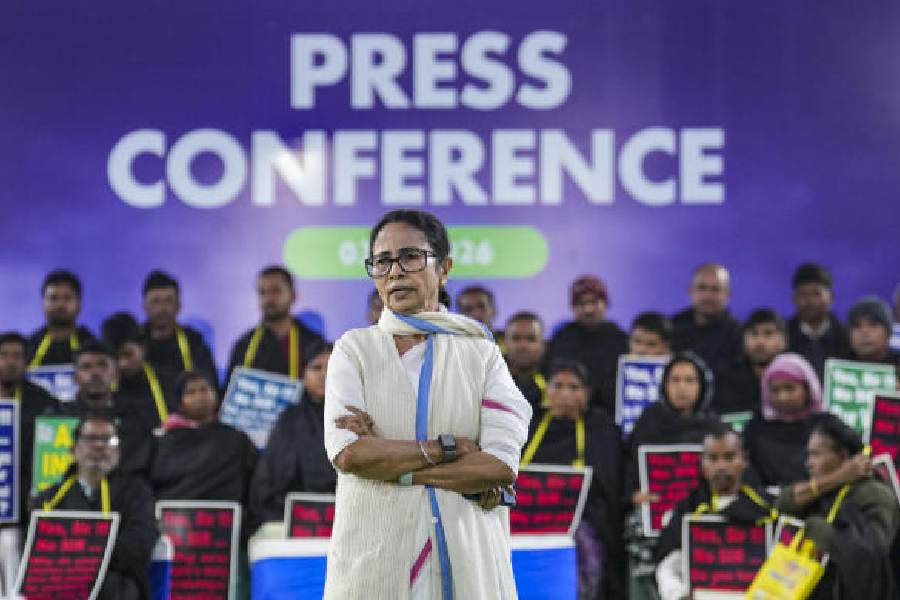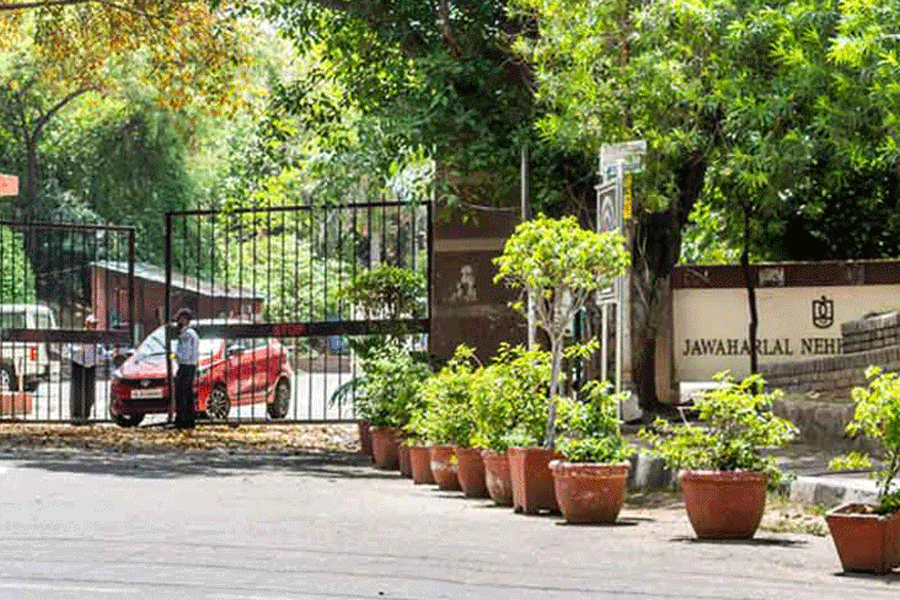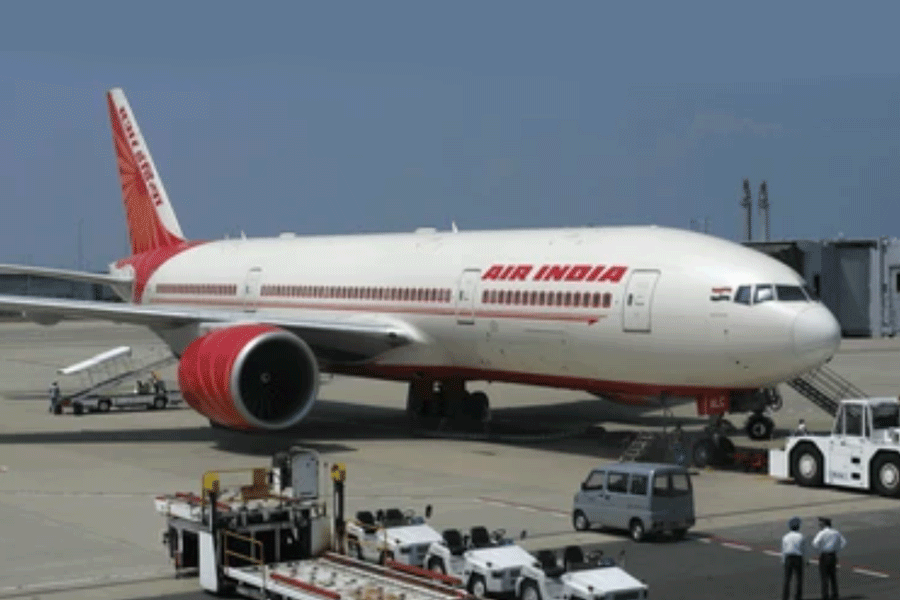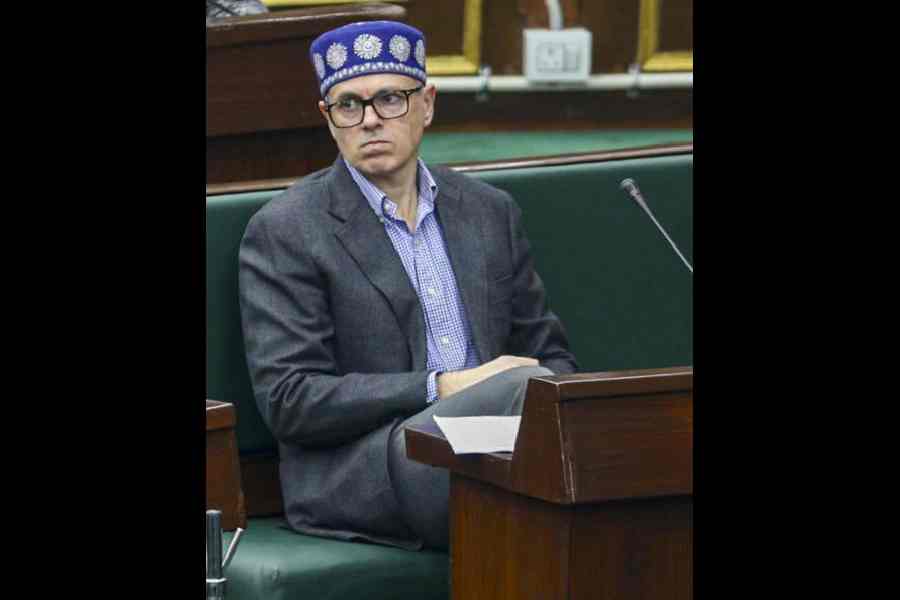The Supreme Court on Tuesday asked the Centre whether, after agreeing in principle to one rank one pension (OROP) in the armed forces, it went back on its decision to automatically pass on any future enhancements in pension to existing pensioners.
The top court asked the government whether it could consider automatic annual revision instead of the current policy of periodic review once in five years. A bench of Justices D.Y. Chandrachud, Surya Kant and Vikram Nath put these questions to additional solicitor-general N. Venkatraman who tried to justify the notification of November 7, 2015.
“After defence minister announced in Parliament in 2014 that government has agreed in-principle to grant OROP, did the government at any point of time went back on its decision to automatically pass on the future enhancements in pension besides granting uniform pension to personnel retiring in the same rank and length of service irrespective of date of retirement,” the bench asked Venkatraman.
At the outset, senior advocate Huzefa Ahmadi, appearing for Indian Ex-servicemen Movement (IESM), which has challenged the November 7, 2015 decision, said it was arbitrary and mala fide as it created a class within a class and effectively granted one rank different pensions.
The ASG said there were several judgments of the top court, which said statements by ministers in Parliament were not law as they were not enforceable and as far as automatically passing of the future enhancements in pensions was concerned, it was “inconceivable” in any kind of services. He submitted that the decision of November 7, 2015, was a policy decision taken by the Union of India after thorough discussions between different stakeholders and inter-ministerial groups.
“Announcement of Raksha Mantri (Defence Minister), discussions happening prior to a policy decision, how does it become enforceable. Statement given by the Finance Minister during his speech does not become law, this is what the Supreme Court has held in various judgements," the ASG said.
He added that this court has held in series of judgements unless the policy decision is mala fide, manifestly arbitrary it cannot be touched.
"The decision of November 7, 2017 was the decision of the Union of India. Even after this decision discussion had taken place, a committee was formed. Policy decisions are not easy one to make. Lot of thinking goes into it. A decision of this magnitude involves different buckets like economics, socio-economic, politics, psychology and budget," he added.
Venkatraman said that the petitioners say that the base year for implementation of OROP should be prospectively from 2013 and not 2014 but then there will be no end to it.
“Tomorrow another group will come and say it should be 2015. OROP seeks to bridge the gap in two ways. First we have taken the lowest and the highest pension within that rank of pensioners, holding the same rank and same length of service to arrive at an average. Due to this, those who were below the average pension were brought up and those who were drawing higher pension were retained," he said.
The ASG said the exercise of bridging the gap was to be carried out once in five years. “Every day personnel retire from the armed forces. If we go by the petitioners, we will have OROP every day. This is not conceivable. Hence, a conscious decision was taken to keep it at five years.”










